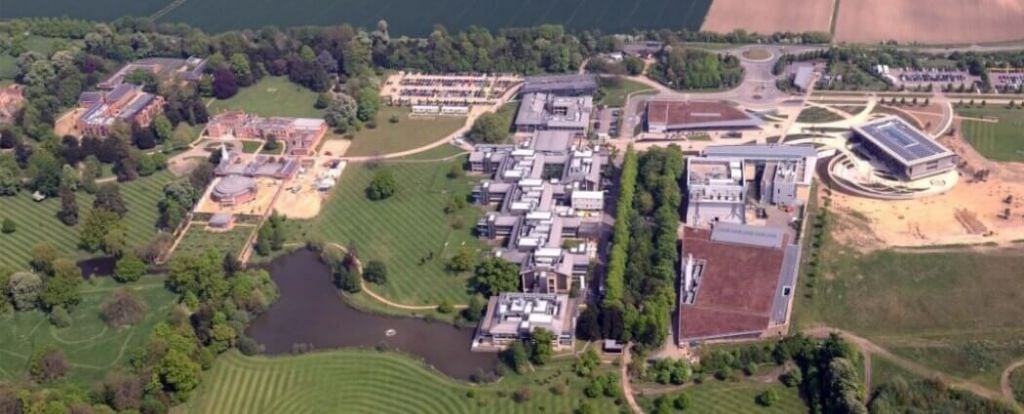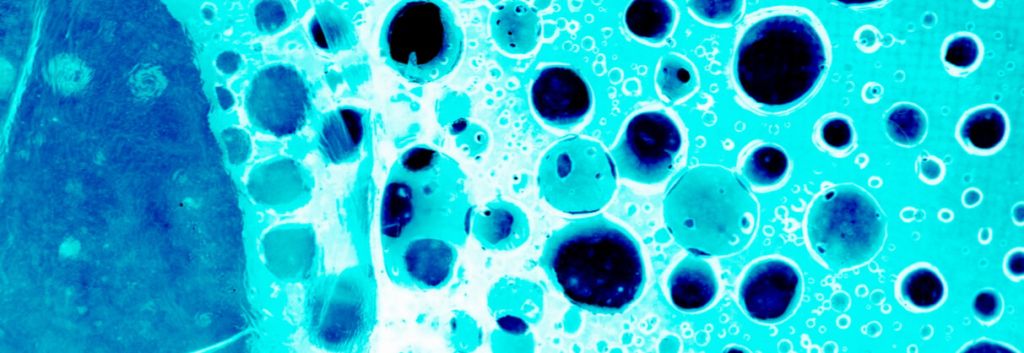Researchers in the UK have analyzed over 7,500 tumors and estimate that a very low number of mutations is needed for cancer to develop.
Researchers coming out of the prestigious Sanger Institute in Cambridge, UK has estimated that as few as 1 to 10 mutations are required to cause cancer. The study, published in Cell, was also able to identify the main mutations responsible for 29 cancer types. The hope is that this knowledge will allow the development of targeted therapies against different types of cancer.
Cancer is one of the biggest causes of mortality, with 8.8 million deaths recorded in 2015. Much like species, cancers evolve through natural selection, with mutations accumulating in our genome over time. The researchers applied an evolutionary perspective to quantify natural selection in 7,664 tumours across 29 types of cancer. The group discovered which genes were implicated in cancer evolution and how many mutations in those genes drive cancer.
In addition, several new cancer genes were discovered. Interestingly, the study found that mutations are usually well-tolerated by cells, having no impact on the survival of the cell. This was surprising considering the effect that inherited mutations can have on individuals.

Until now, we have been making do with the cancer genes that we know about, and have developed targeted therapies towards these. Barcelona-based Peptomyc has designed an anti-Myc peptide to stop cancer growth and kill cancer cells. Another Spanish biotech, Inbiomotion, has developed a test for a mutation of the Maf gene, which can help to determine whether zoledronic acid therapy would be beneficial for patients.
The group from the Sanger Institute’s approach could be used to identify which mutations drove an individual’s cancer, opening the door to more personalized therapies. Sir Mike Stratton, Director of the Wellcome Trust Sanger Institute, said: “We now know of hundreds of genes, that when mutated, drive cancer… This increasingly precise understanding of the underlying changes that result in cancer provides the foundation for the discovery and use of targeted therapies that treat the disease.”
With efforts underway to develop to develop personalized, or cancer-specific, treatments, it will be interesting to see how the field uses the abundance of new targets that this research has uncovered.
Images – Shebeko / shutterstock.com; Wellcome Trust Sanger Institute





